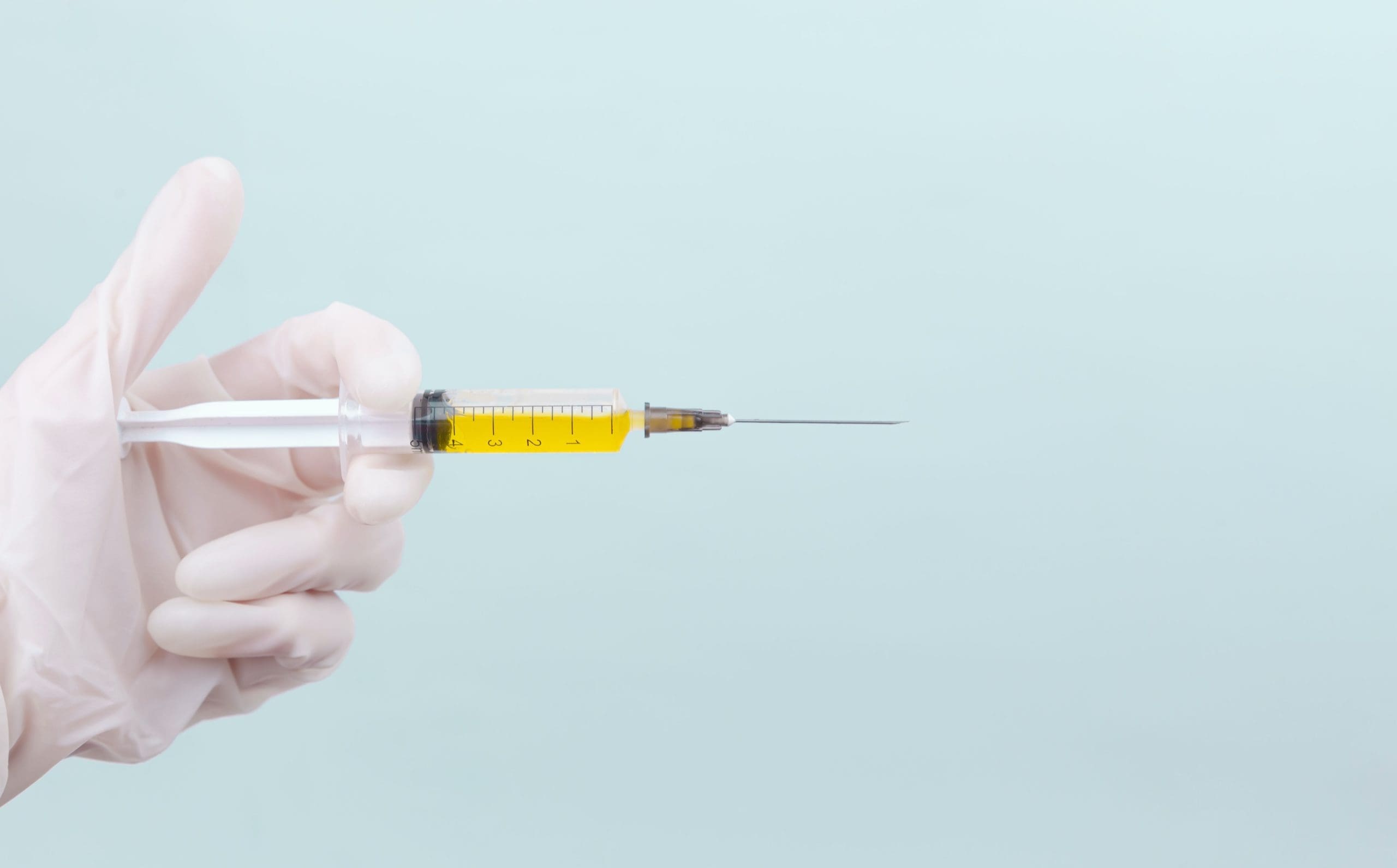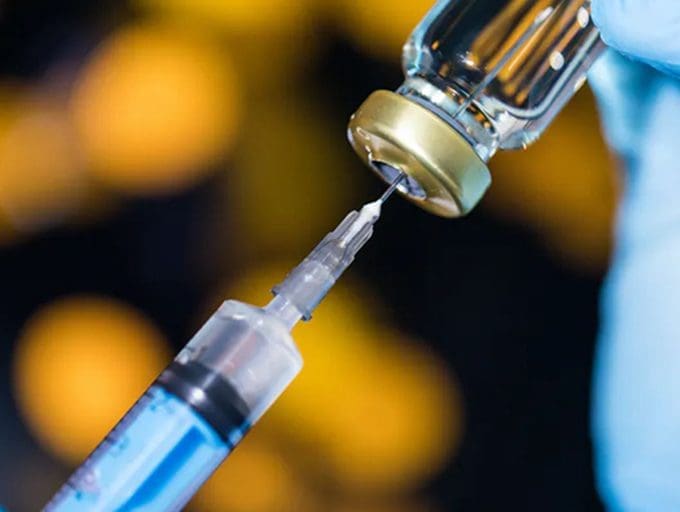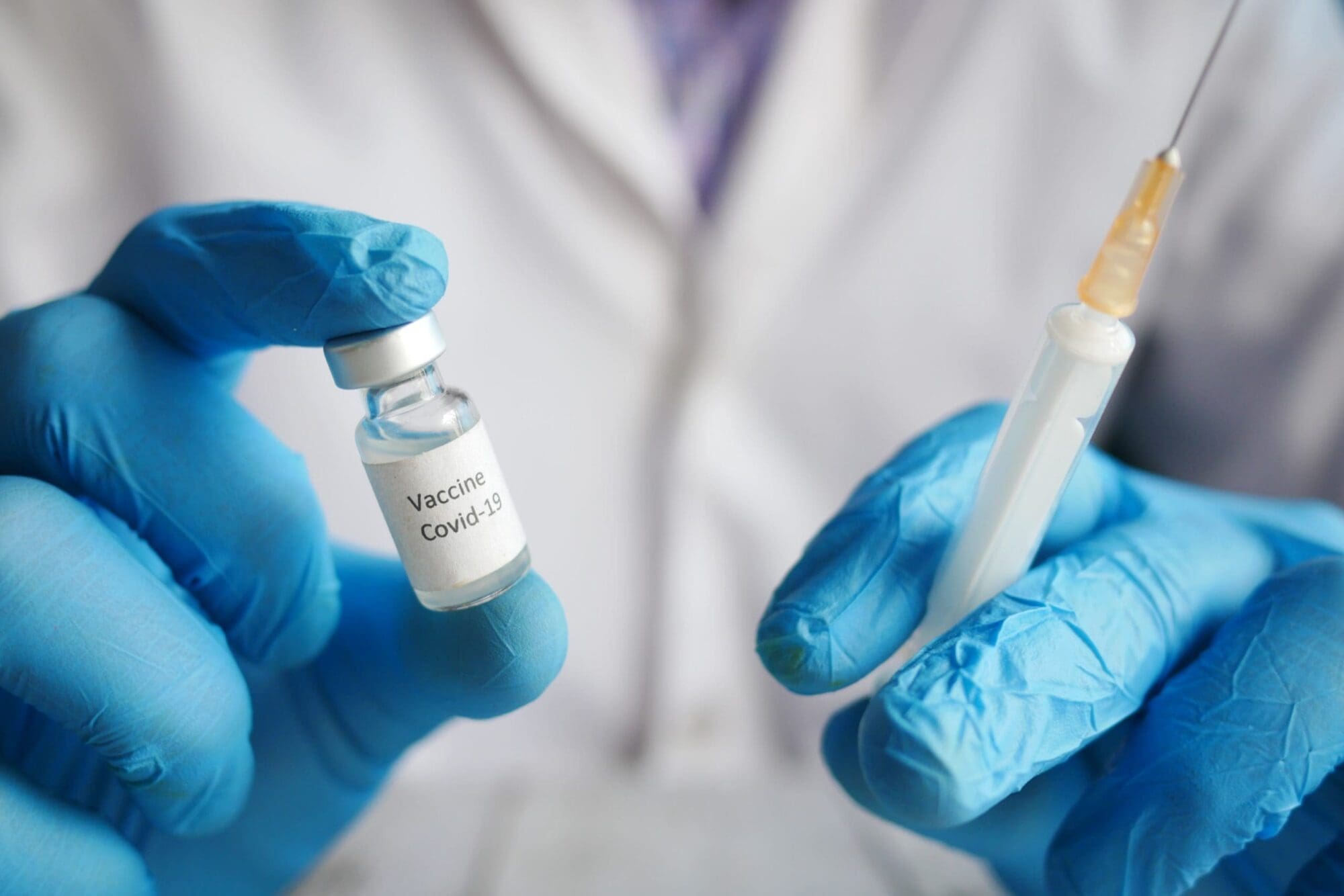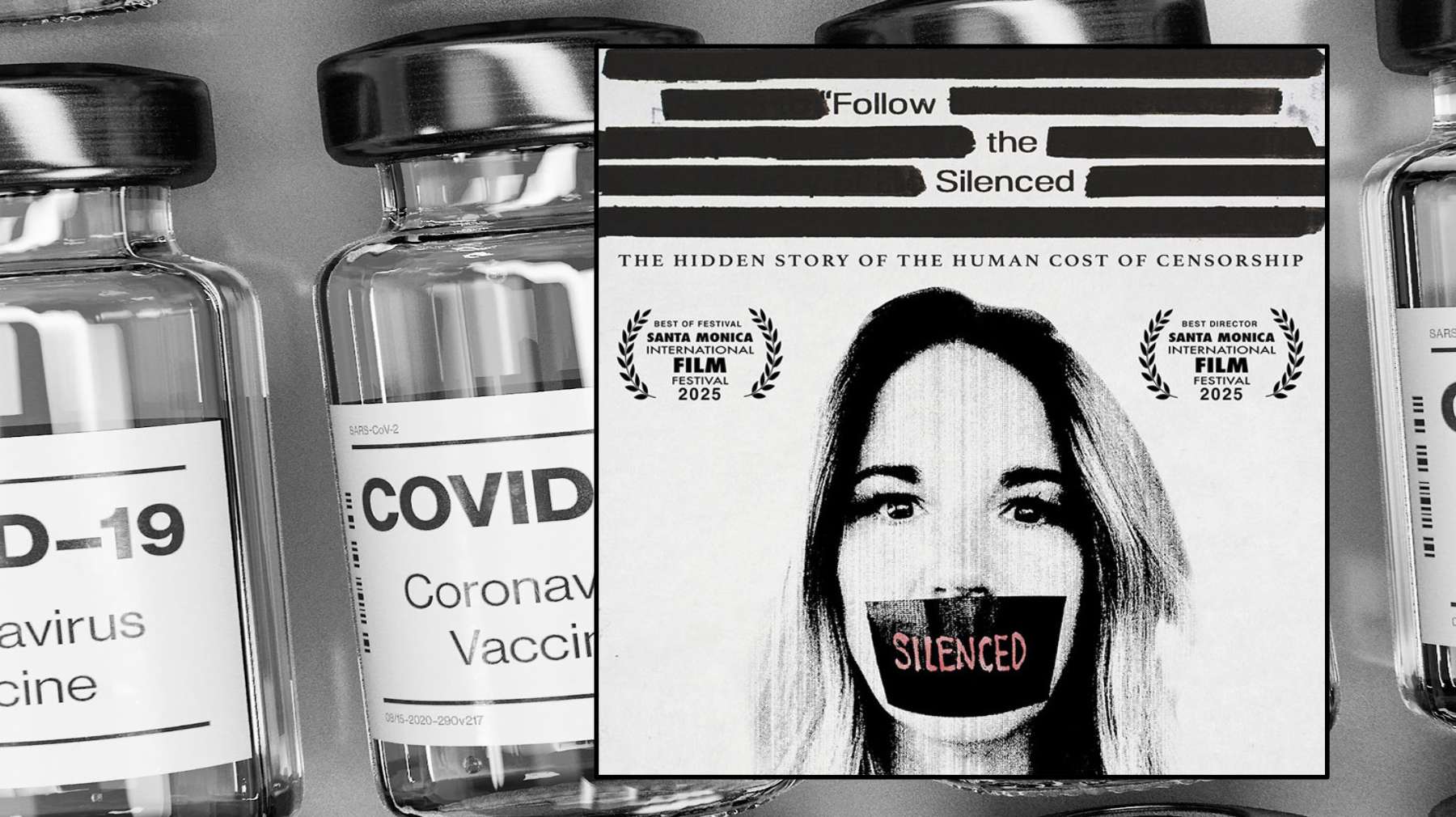This article has been updated Wednesday with breaking news of Gov. Greg Abbott’s latest executive order and addition to the Legislature’s special session agenda.
As local officials across the state enact old mask requirements and new vaccine mandates —and continue quarreling with the Governor over their power—Texans wonder if government officials actually have authority to force them to get injected with the shots.
With the news rapidly unfolding and vaccine mandates quickly sweeping across the nation, Texas lawmakers have the opportunity right now to protect Texans.
The Unfolding Issue
Earlier this summer, Gov. Greg Abbott issued an executive order prohibiting local governmental officials across the state from requiring vaccines that are issued under emergency use authorization.
Since then, the U.S. Food and Drug Administration on Monday approved the Pfizer-BioNTech coronavirus vaccine, seemingly giving officials across the nation the green light to extort citizens to take the injections. The Biden administration had already announced that all U.S. military members must get the vaccine or potentially be kicked out of the armed forces.
In Texas, officials such as the San Antonio Independent School District school board—one of many who had been in a recent related legal feud with Gov. Greg Abbott and Texas Attorney General Ken Paxton—said after the vaccine’s FDA approval this week, they’re moving forward with forcing the shots on their employees.
However, on Wednesday, Gov. Abbott announced a new executive order prohibiting all coronavirus vaccine mandates regardless of FDA approval status—but his order’s effect remains to be seen. Local officials across the state already disregarded his prior one on masks, and on Wednesday, San Antonio ISD officials already replied they will again defy his latest order and still impose their mandate.
Meanwhile, citizens across the state have increasingly protested officials’ attempted vaccine commands—most recently this past Saturday, more than 1,500 citizens showed up to the Texas Capitol for a Texans for Vaccine Choice rally.

Have We Been Here Before?
Last week, Texas Scorecard discussed the issue with Matt Rinaldi, an attorney and current Chairman of the Republican Party of Texas.
Rinaldi said we have some legal history on the issue, though the new vaccine mandate proposals—excluding non-injected citizens from daily society—are dangerous uncharted territory of government power over citizens.
“There’s legal precedent from about nearly 120 years ago in the [Jacobson v. Massachusetts] case in 1905, where the Supreme Court held it was constitutional to force citizens to get vaccinated under threat of a $5 fine, which is probably about 100 bucks in today’s money,” Rinaldi described. “So the answer is does that apply still? Well, first of all, it was a small fine, so was it really a mandate? For 100 dollars you could pay to get out of it, it wasn’t a large fine.”
And secondly, that was 1905. That was a time … [when] segregation was legal, Plessy v. Ferguson came down. We were doing a lot of crazy things in the courts then. Is it still good precedent? I mean after that, Buck v. Bell in 1927 came about where the government was forcing sterilization on people and the Supreme court held it was constitutional.
“We have judicially recognized right to privacy now, which the court found in the [Griswold v. Connecticut] case in the 60s—certainly what you inject into your own body would certainly fall under that right to privacy,” Rinaldi continued. “Also, I think you need to argue about whether or not there’s even a rational basis for such a mandate, for a respiratory virus with such a fatality rate when you’re protected from severe disease if you get vaccinated, but yet a vaccinated person can still spread the disease … so I think there’s a lot of legal issues that are going to be hammered out, and we’re going to find out whether or not it’s constitutional.”
Notably, the smallpox disease historically carried a 30 percent fatality rate, while the Chinese coronavirus ranges between .01 and 2 percent.
New, Dangerous Territory
Rinaldi also discussed how some of the modern day vaccine requirements—such as the measles for school attendance—always have exemptions and are different than some of the proposed coronavirus vaccine mandates, which target and ban unvaccinated citizens from society. New York City Mayor Bill DeBlasio recently decreed that all citizens must show proof of vaccination to enter a variety of places including restaurants and gyms, but his “ridiculous” and “unlawful” executive order, the first of its kind in a major U.S. city, is currently being challenged in court.
“Many states like Texas provide a broader exemption than a religious exemption [for other vaccines], but I believe all 50 states allow religious exemptions,” Rinaldi said. “The mandate you’re talking about, which is—get the vaccine or you can’t participate in daily life; you can’t visit a restaurant; you can’t work—that sort of mandate isn’t something that appears to have a religious exemption attached to it, like the New York law. So the answer is we don’t—we don’t have a mandate of that sort that people are discussing right now.”
Rinaldi added that kind of mandate imposes obvious threats on citizens.
“With vaccine mandates, of course, obviously you want to control what you can inject into your body,” he said. “When you’re dealing not with smallpox or measles that have 30 percent fatality rates before vaccines, you’re talking about a seasonal respiratory illness that’s slightly, in the grand scheme of things, more dangerous than the flu to most people.”
You’re saying you have to inject something into your body that itself carries potential health hazards, or you can’t participate in society. That’s a huge intrusion of government.
Texas Lawmakers Can Still Act
Earlier this year, the state Legislature passed a law to prohibit the so-called “vaccine passports” in Texas—businesses or local governments cannot require documented proof of vaccination—however, the glaring question still remains whether officials such as school districts or mayors can force their employees to take the shots.
Additionally, Rinaldi said the Republican-controlled state Legislature could’ve also enacted laws to prevent shutdowns and mask mandates, which he discussed more specifically in the interview, but they failed to address the issue.
State lawmakers are currently in the middle of a 30-day summer special legislative session, however, and could still act. On Wednesday, Gov. Abbott wrote a letter to the Legislature, asking them to address the vaccine topic. Specifically:
Legislation regarding whether any state or local governmental entities in Texas can mandate that an individual receive a COVID-19 vaccine and, if so, what exemptions should apply to such mandate.
“What citizens can do is call their legislators. … People need to let their voices be heard and let their legislators know how they feel about [the mandates],” Rinaldi said.
Concerned citizens may contact their state representatives, senators, and the governor.
If you would like to hear the full conversation with Texas GOP Chairman Matt Rinaldi, you can do so here:





